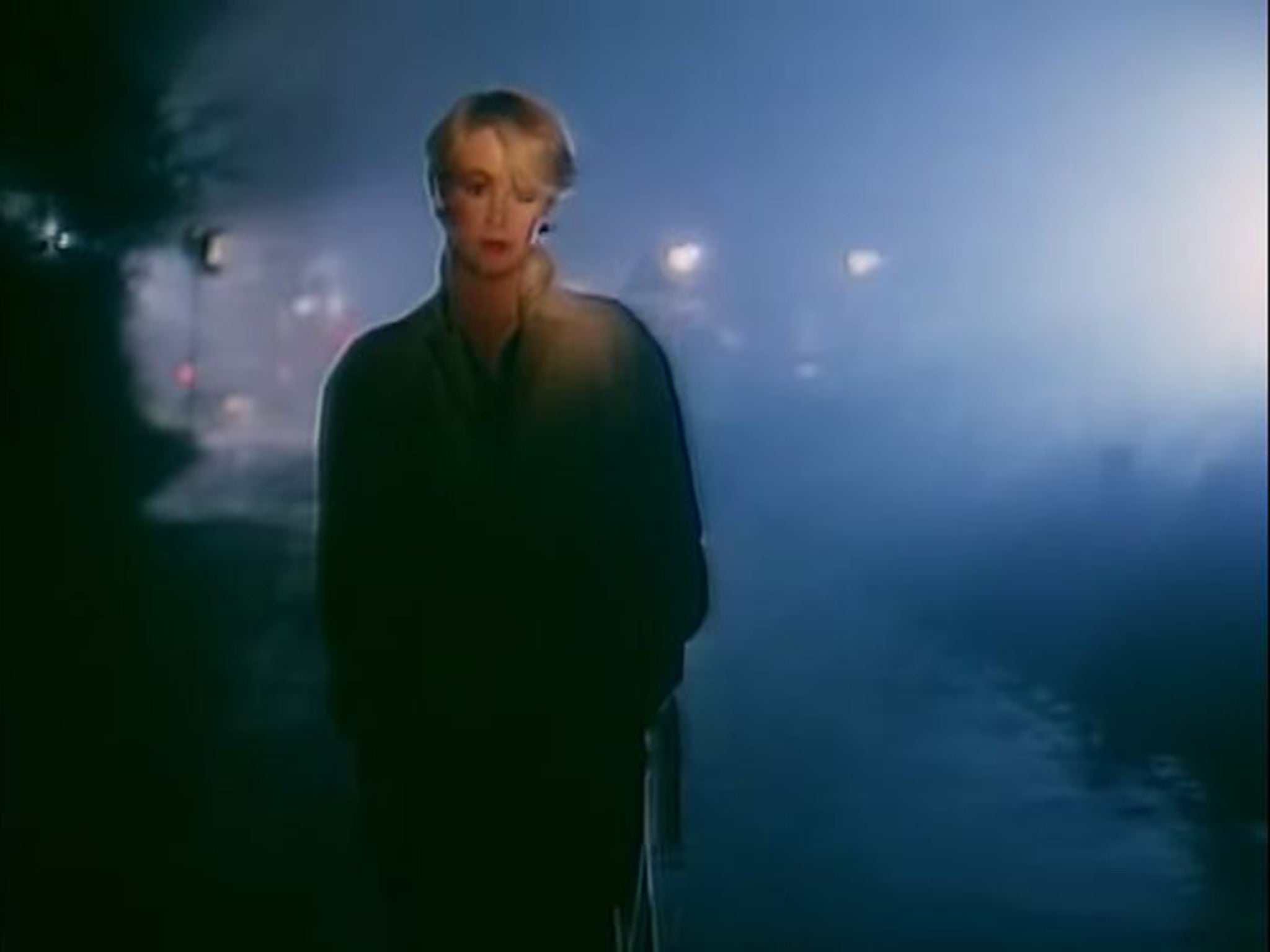The Nation's Favourite 80s Number One, ITV - TV review: Peppy performances and gossipy insights have you happily singing along
Many of the classics were churned out in less time than the programme lasts

Your support helps us to tell the story
From reproductive rights to climate change to Big Tech, The Independent is on the ground when the story is developing. Whether it's investigating the financials of Elon Musk's pro-Trump PAC or producing our latest documentary, 'The A Word', which shines a light on the American women fighting for reproductive rights, we know how important it is to parse out the facts from the messaging.
At such a critical moment in US history, we need reporters on the ground. Your donation allows us to keep sending journalists to speak to both sides of the story.
The Independent is trusted by Americans across the entire political spectrum. And unlike many other quality news outlets, we choose not to lock Americans out of our reporting and analysis with paywalls. We believe quality journalism should be available to everyone, paid for by those who can afford it.
Your support makes all the difference.If your nostalgic mood runs towards the 1980s then ITV had you covered this weekend with The Nation’s Favourite 80s Number One. Behind every over-long, talking-heads list show, there’s a TV commissioner who’s given up on life, but The Nation’s Favourite series seems to be the happy exception. Even if you’d never have previously categorised the decade as a hotbed of musical genius, there were enough peppy performances and gossipy insights here to have you happily singing along on the sofa.
Peter Waterman, of the Stock, Aitken and Waterman hit factory, revealed how Rick Astley’s big hit “Never Gonna Give You Up” was inspired by his own dodgy love life, and Nik Kershaw was amusingly candid about his first thoughts on hearing former Smash Hits journalist Neil Tennant in Pet Shop Boys: “It started with this white middle-class rap song. I thought, ‘What is this? Pull yourself together, you went to grammar school!’” Best of all, Susan Ann Sulley from The Human League understood exactly the appeal of “Don’t You Want Me”: “Because we didn’t have those vocal ranges, people could relate to what we sounded like: crap.”
Interesting to note too, that many of these enduring classics were churned out in less time than it took to watch this programme. Today’s preening pop pretenders have no excuses.
Join our commenting forum
Join thought-provoking conversations, follow other Independent readers and see their replies
Comments